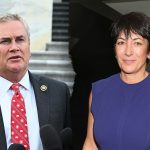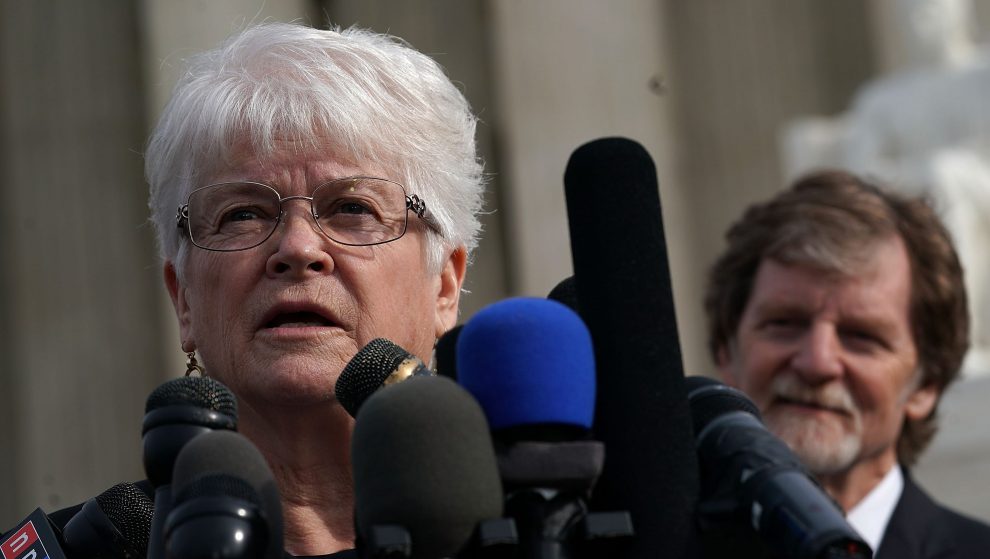The U.S. Supreme Court on Friday declined to hear an appeal by a florist fined by Washington state for refusing to make a flower arrangement for a same-sex wedding due to her Christian beliefs, sidestepping another major case pitting gay rights against religious liberty.
After ruling in 2018 in favor of a Colorado baker who refused to make a wedding cake for two men for religious reasons, the justices turned away an appeal by Barronelle Stutzman, owner of Arlene’s Flowers in the city of Richland, after a lower court upheld Washington’s action. Stutzman refused service to gay couple Robert Ingersoll and Curt Freed in 2013.
The appeal had been on hold while the Supreme Court considered a separate religious rights case involving a Catholic Church-affiliated agency that sued after the city of Philadelphia refused to place children for foster care with the organization because it barred same-sex couples from applying to be foster parents. The court ruled unanimously on June 17 in favor of Catholic Social Services but left certain legal questions unresolved.
Washington state imposed a $1,000 fine on Stutzman for violating an anti-discrimination law and was directed to make floral arrangements for same-sex weddings if she does so for opposite-sex weddings. The Washington state Supreme Court upheld the fine.
The case raised two separate legal questions under the U.S. Constitution’s First Amendment. Stutzman’s lawyers at the conservative Christian legal group Alliance Defending Freedom had argued that the state violated not only her right to religious expression but her free speech rights, too. The latter argument was based on the legal theory that arranging flowers is a form of creative expression protected in the same way as free speech.
The florist case was similar to the one that prompted the Supreme Court’s 2018 ruling on narrow legal grounds siding with a Denver-area baker named Jack Phillips. The court said in that case that the state civil rights commission that imposed sanctions on Phillips was motivated by anti-religious bias.
But the Supreme Court in that case did not resolve a broader question: under what circumstances can religious beliefs be cited to win exemption from penalties under anti-discrimination laws. The justices opted not to use the florist case as another opportunity to do so.
Story cited here.
























